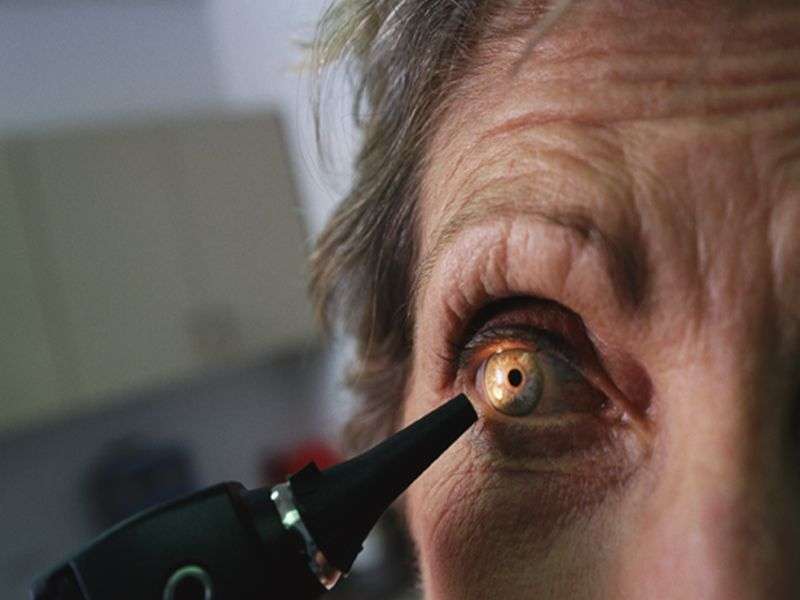(HealthDay)—International Classification of Diseases, Ninth Revision (ICD-9) codes are not accurate enough for diagnosing ocular diseases, according to a study published online July 7 in JAMA Ophthalmology.
Matthew A. Pimentel, from the University of California in San Francisco, and colleagues examined the accuracy ICD-9 codes for identifying ocular diseases in a prospective secondary database analysis conducted at Kaiser Permanente Hawaii. Data were included for 873 patients identified by a list of ICD-9 codes for ocular inflammatory diseases.
The researchers found that 224 cases were confirmed as uveitis after medical record review. The overall positive predictive value (PPV) for uveitis was 61 percent using a set of uveitis-specific codes and eliminating patients with a history of ocular surgery. For individual uveitis codes, the PPVs ranged from 0 to 100 percent; 11 codes had a PPV exceeding 80 percent. PPVs of 91 and 60 percent, respectively, were reported for herpes zoster ophthalmicus and scleritis/episcleritis ICD-9 codes.
"Our results suggest that using ICD-9 codes alone to capture uveitis and scleritis/episcleritis diagnoses is not sufficient in the Kaiser Permanente Hawaii health care system, although there were specific uveitis codes with high PPV," the authors write. "Medical record review, as was done in this study, is recommended to elucidate diagnoses for uveitis and scleritis/episcleritis."
More information:
Abstract
Full Text
Journal information: JAMA Ophthalmology
Copyright © 2016 HealthDay. All rights reserved.





















